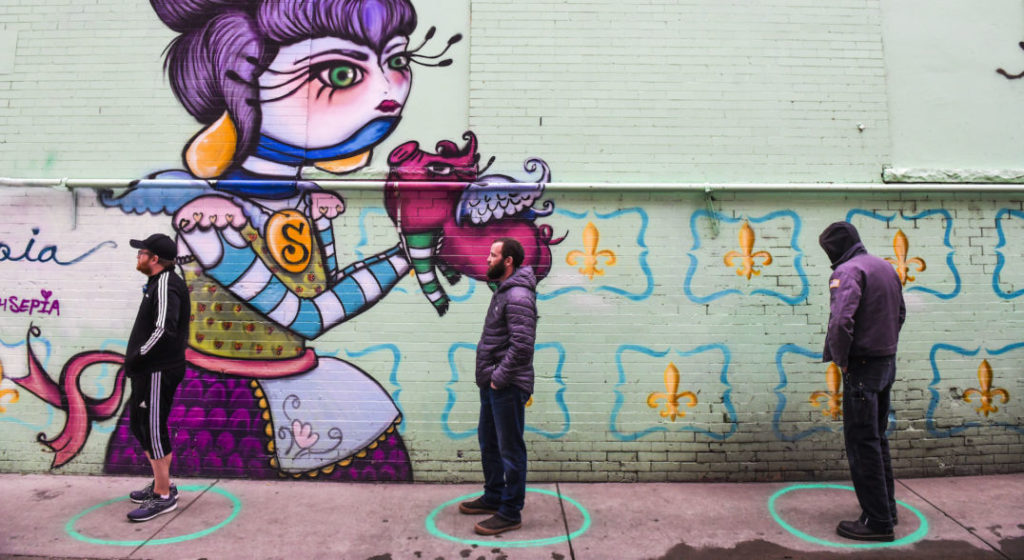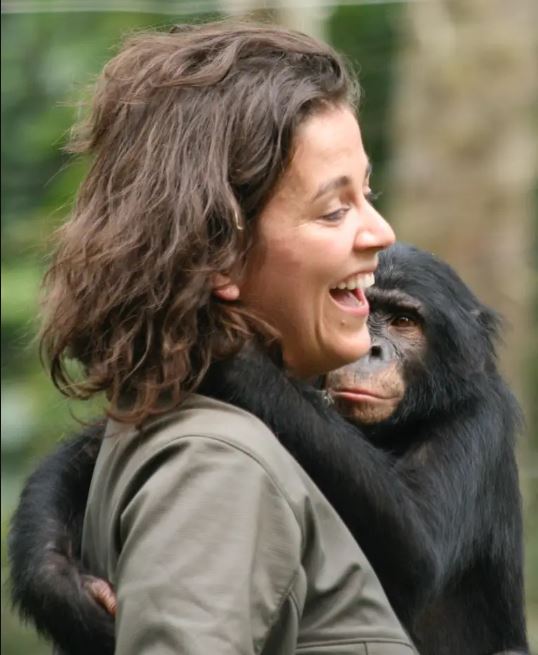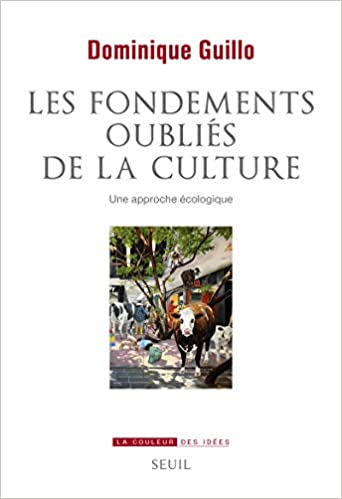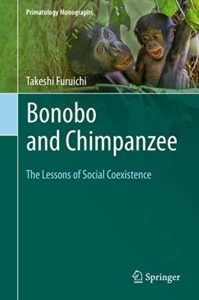Por que nos dividimos em grupos, e tratamos, na maioria das vezes, os indivíduos que não são do nosso grupo como uma possível ameaça? Por que o Brasil vive, em especial nestas eleições, diante do alarmante conflito grupal entre aqueles que simpatizam com o PT e aqueles que simpatizam com
Bolsonaro?
Segundo o filósofo e neurocientista Joshua Greene, que, atualmente, integra o corpo docente de Harvard, a moralidade foi bem-sucedida ao “resolver” o problema do indivíduo dentro do seu próprio grupo, mas falhou em resolver a tensão existente entre grupos. Por que ela não resolveria o conflito tribal? Porque uma cooperação universal não se encaixa com os princípios da teoria da evolução. Essa teoria é baseada, grosso modo, na ideia de que há competição, seja através de estratégias cooperativas ou agressivas, entre os indivíduos (dependendo da perspectiva, até mesmo entre os genes), sendo os
mais aptos aqueles que conseguem, principalmente, reproduzir e que sobrevivem diante dos desafios colocados pelo ambiente (indivíduos que, por sorte, carregam os genes certos no momento certo). Os genes desses indivíduos dão características únicas a eles e os condicionam a poder sobreviver em determinados ambientes.[1] Lembremos que a revolução industrial aconteceu “agora” e que a agricultura é um processo que se originou há meros 12 mil anos. Nesse sentido, no ambiente em que os ancestrais dos indivíduos da nossa espécie viviam, os recursos eram escassos, portanto, as nossas características herdadas quase que totalmente são aquelas que foram selecionadas no ambiente em que viviam esses ancestrais, que, por ventura, eram caçadores-coletores.
O contexto em que se deu a seleção das características dos indivíduos da nossa espécie impediu a moralidade de se “universalizar”. Um indivíduo que divide a sua maçã com todos os organismos que encontra adota uma estratégia que, ao longo do tempo, o levará à morte, uma vez que ele, ao longo da vida, terá que lidar com organismos grupistas que não dividem a maçã com quem não é do seu grupo.
Tal ambiente de pressão seletiva foi o que, a nível grupal, nos deu uma psicologia que atualmente nos insere em conflitos intergrupais. Isso se dá porque colocar dentro do grupo alguém que não tem os mesmos valores morais que nós ameaçará a coesão grupal. É diante dessa problemática que surge o tribalismo, “o frequente favorecimento de membros do grupo em detrimento daqueles que não fazem parte do mesmo grupo”.[2]
Tome como exemplo os times de futebol: aqui, a mera diferença entre as camisas das pessoas significa que elas são companheiras ou adversárias. Você se lembra do dia 02/10 (primeiro turno das eleições de 2022)? Continuando no ambiente de futebol, ninguém negaria que há uma disputa entre as torcidas rivais que as leva a fazer o que estiver ao seu alcance para favorecer o time. Essas disputas ocorrem porque as pessoas têm um viés psicológico que as orienta a cair no atual precipício do divisionismo, que, por sua vez, incide em uma perspectiva de mundo que falsamente dicotomiza a realidade entre o bem (nós) e o mal (eles). Esses indivíduos podem até matar os membros de outras torcidas unicamente porque eles
não fazem parte do mesmo grupo.
Contraintuitivamente, essa tendência de querermos pertencer a um grupo, juntamente com a vontade de querermos aumentar o próprio status em relação aos outros membros dentro do grupo, nos leva a solapar os nossos próprios valores morais. Isso porque, de outra forma, em uma situação normal, na qual não estivéssemos rodeados pelo nosso grupo, ao vermos uma pessoa com a camisa de outro time, geralmente não sofremos a influência da pressão grupal ao ponto em que chegaríamos aquilo que a psicologia chama de “desindividualização” e “efeito do observador”, os quais podem, em determinadas situações, fazer com que indivíduos se agridam.[3]
É possível inferir que, em diversos contextos ao longo da história filogenética de nossa espécie, o tribalismo pôde contribuir ajudando aos caçadores-coletores a sobreviver. Entretanto, nas sociedades democráticas, ele aparenta colocar um desafio que, por enquanto, não parecemos estar à altura de enfrentar. Reiterando, ele possibilita a obliteração de mecanismos psicológicos que, em ocasiões de ação individual, funcionariam normalmente. [4]
Umas das lições disso tudo é a seguinte: tomem cuidado acerca de como se comportam e sobre o que dizem quando estão rodeados por seus pares, seja virtualmente ou presencialmente. Em um contexto de democracia liberal, o “outro” pode estar ao seu lado, isso é, ser o seu pai, ou a sua mãe, ou o seu
vizinho, e, em seus íntimos, serem pessoas tão boas quanto você que, no final das contas, foram desindividualizadas devido aos últimos tempos em que se escalonou o conflito entre os diferentes grupos. Nós não somos criaturas politicamente racionais, mas sim emocionais. Saber disso pode nos livrar de parte de nossos preconceitos e fazer com que trabalhemos em direção contrária às nossas tendências psicológicas que jogaram as democracias liberais no atual quadro.
REFERÊNCIAS:
[1] Greene, Joshua. Tribos morais. Rio de Janeiro: Record, 2018, p. 33.
[2] Greene, Joshua. Tribos morais, p. 77.
[3] Burnett, Dean. O cérebro que não sabia de nada. São Paulo: Planeta do Brasil, 2010, p. 221.
[4] Burnett, Dean. O cérebro que não sabia de nada, p. 218.
Texto escrito por: Silva, I.
Lattes do autor: https://lattes.cnpq.br/4005176584329851




